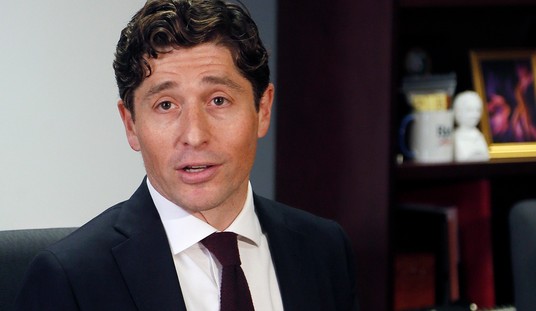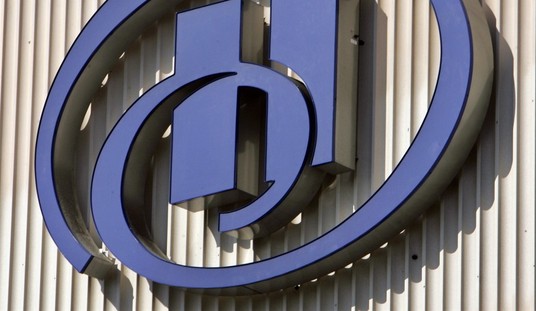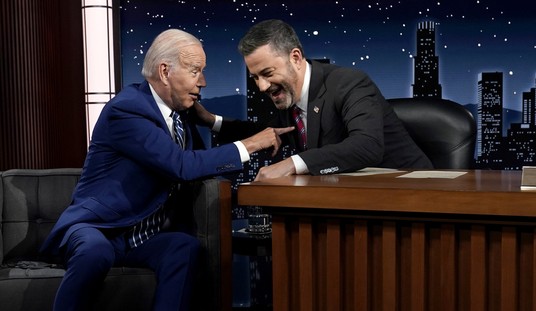It may not quite equate to Hillary Clinton’s fundraising total and it’s not close to Barack Obama’s $40 million, but John McCain has begun to quietly work his way into the big leagues. He raised $15 million in March, which would have qualified as a breakout quarter in 2007 for any of the Republicans running for President. What has GOP donors opening their wallets? Democrats:
In March, officials said he raised about $15M, his best month since early 2007 and well above his $2M-per-month pace in late 2007. The final number is still being tallied.
$11m came from a spurt in the campaign’s high-dollar fundraising. $4m was raised through direct mail and Internet efforts.
A campaign spokesperson did not respond to an e-mail seeking comment.
The campaign is on track to meet its internal budget goal of about $57M through the start of the Republican convention and an additional $20M for a legal compliance fund.
McCain plans on accepting the federal matching funds that limit his campaign to $85 million in the general election. However, he still has time to raise money for the rest of the primary and demonstrate his organization skills. That came into serious question last summer, when his campaign bottomed out and most people wrote off McCain. He staged an incredible comeback, surprising most observers as well as his GOP competitors.
But why did McCain find success this late in the campaign? Scare tactics, but not from McCain:
Oh, there is another reason why business community types in flyover country are now warming to McCain, says my source.
“The economic policies of Obama and Clinton scare the [stuffing] out of people.”
With Obama talking about raising the capital-gains taxes to almost double their current rate and Clinton insisting that she will end free-trade agreements that allow for better export conditions for American goods, small wonder. The high-tax, expanded-spending plans of both Democratic candidates have many wondering whether they understand the dynamics of economies that have begun to struggle. Investors do not take extended risks when government cuts the potential reward, which means that fewer businesses will open or expand. And since the transformation of the American electorate into a wide investor class means capital-gains rates affect retirement accounts, most will find themselves negatively impacted by the policies of both Democratic candidates.
McCain, frankly, looks like a far better investment.







Join the conversation as a VIP Member